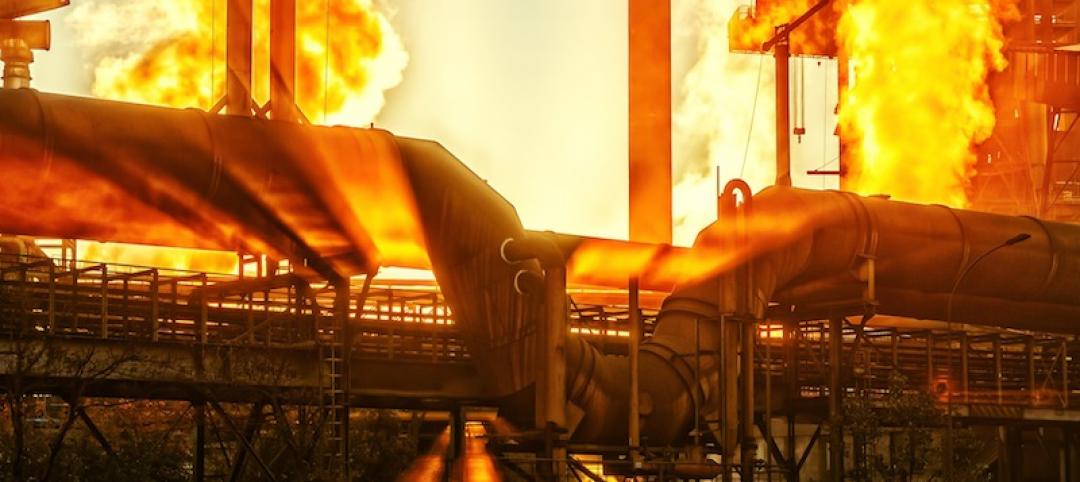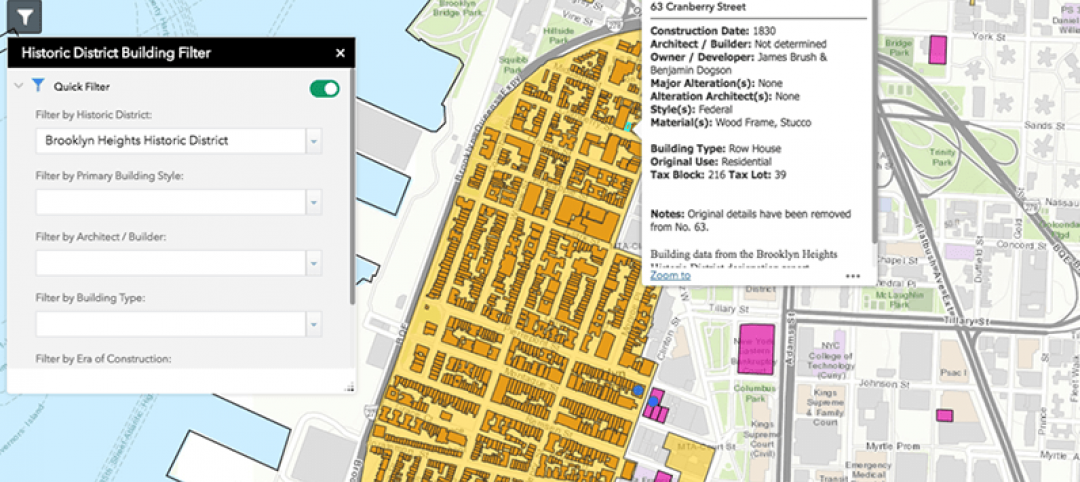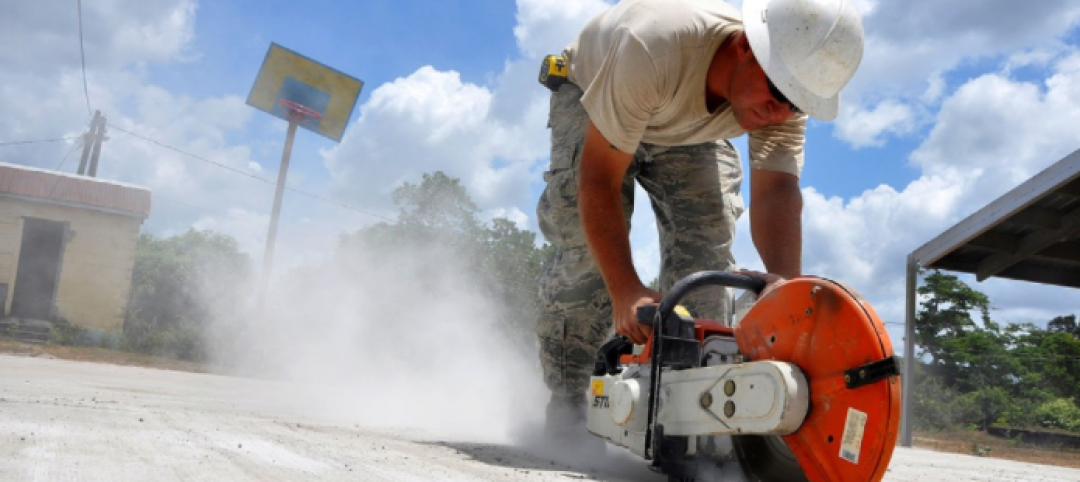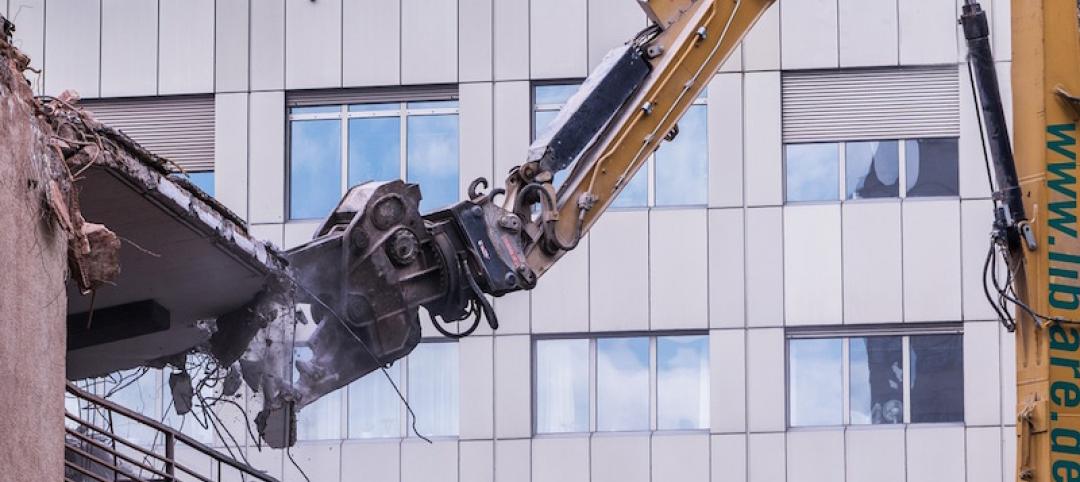The Inflation Reduction Act of 2022, recently passed by the U.S. Senate, sets aside over $5 billion for low carbon procurement in the built environment.
The policies in the bill aim to drive aggressive emissions reductions by 2030 within the building sector by incentivizing the use of low-carbon, clean materials for public infrastructure projects. Direct investments and tax credits will facilitate deep industrial decarbonization, with the potential to reduce over 200 million metric tons of carbon dioxide emissions annually by 2030.
Provisions in the bill include:
- $250 million for Environmental Product Declarations Assistance to support the development and standardization of EPDs for construction materials with grants and technical assistance to manufacturers.
- $100 million for Low-Embodied Carbon Labeling for Construction Materials to identify and label low-carbon materials and products for federally funded transportation and building projects.
- $2.15 billion for Use of Low-Carbon Buildings to specify and install low-embodied carbon materials and products for use in General Services Administration-owned buildings.
- $2 billion for Low-Carbon Transportation Grants that reimburse and incentivize the use of low-carbon materials and products for Federal Highway Administration projects.
- $4 billion for Improving Climate Resilience of Affordable Housing for funding to improve energy or water efficiency, indoor air quality and/or sustainability of projects, and implement low-carbon technologies, materials, and products to improve climate resiliency in affordable housing.
- FEMA Building Materials Program providing financial assistance for the use of low-carbon materials and incentives that encourage low-carbon and net-zero energy projects.
Related Stories
Codes and Standards | May 30, 2018
Silicon Valley cities considering taxes aimed at large employers
The aim is to offset the impact on housing costs and homelessness by tech companies.
Legislation | Apr 18, 2018
Steel and aluminum tariffs raise more questions than answers for domestic suppliers
Are import quotas and a “Buy American” infrastructure mandate in the cards?
Multifamily Housing | Mar 4, 2018
Katerra, a tech-driven GC, plots ambitious expansion
Investors flock to this vertically integrated startup, which automates its design and construction processes.
Reconstruction & Renovation | Dec 21, 2017
Interactive map includes detailed information on historic New York City buildings
The New York City Landmarks Preservation Commission launched a new, enhanced version of its interactive map, Discover NYC Landmarks.
Codes and Standards | Aug 24, 2017
OSHA silica dust exposure enforcement begins Sept. 23
Vacuum dust collection, water-delivery systems, and respirators will be required.
Market Data | Mar 22, 2017
After a strong year, construction industry anxious about Washington’s proposed policy shifts
Impacts on labor and materials costs at issue, according to latest JLL report.
Reconstruction & Renovation | Mar 16, 2017
Pols are ready to spend $1T on rebuilding America’s infrastructure. But who will pick which projects benefit?
The accounting and consulting firm PwC offers the industrial sector a five-step approach to getting more involved in this process.
Legislation | Sep 8, 2016
Half of U.S. states now allow design-build on public projects
Missouri is the latest to enact design-build legislation.
Legislation | Aug 24, 2016
World Trade Center contractor found guilty of minority-owned business fraud
The company used two minority firms as fronts in a nearly $1 billion scheme.
Legislation | Aug 19, 2016
California lawmakers may take action to address contractor negligence
An assembly committee heard testimony on deadly balcony collapse that occurred last year.

















